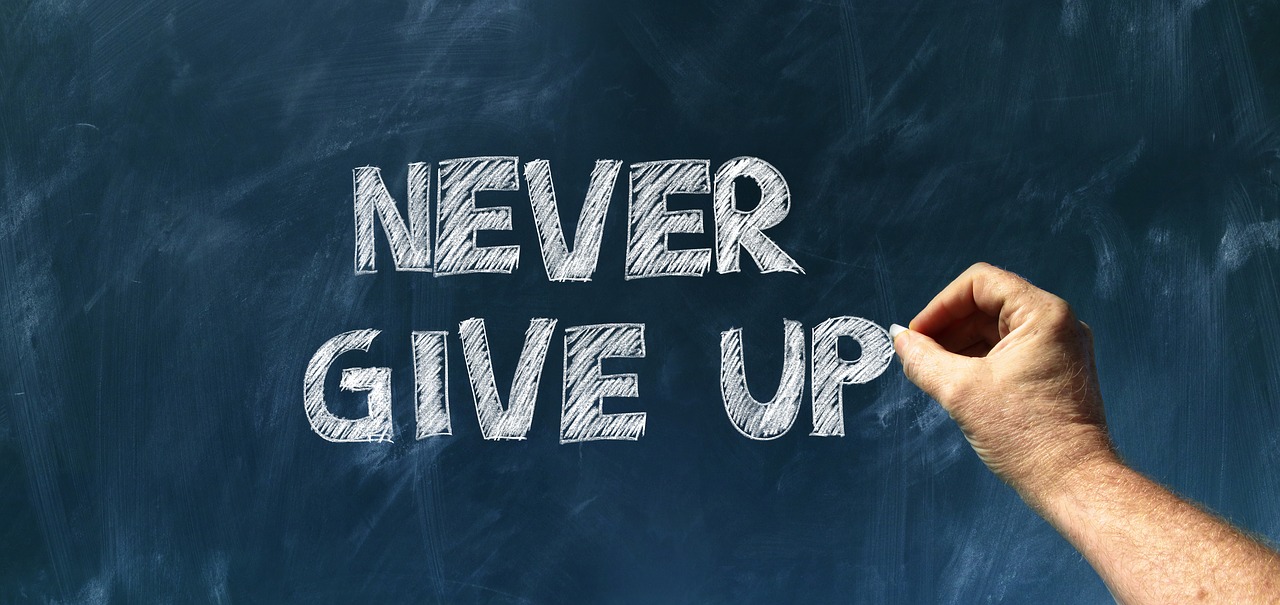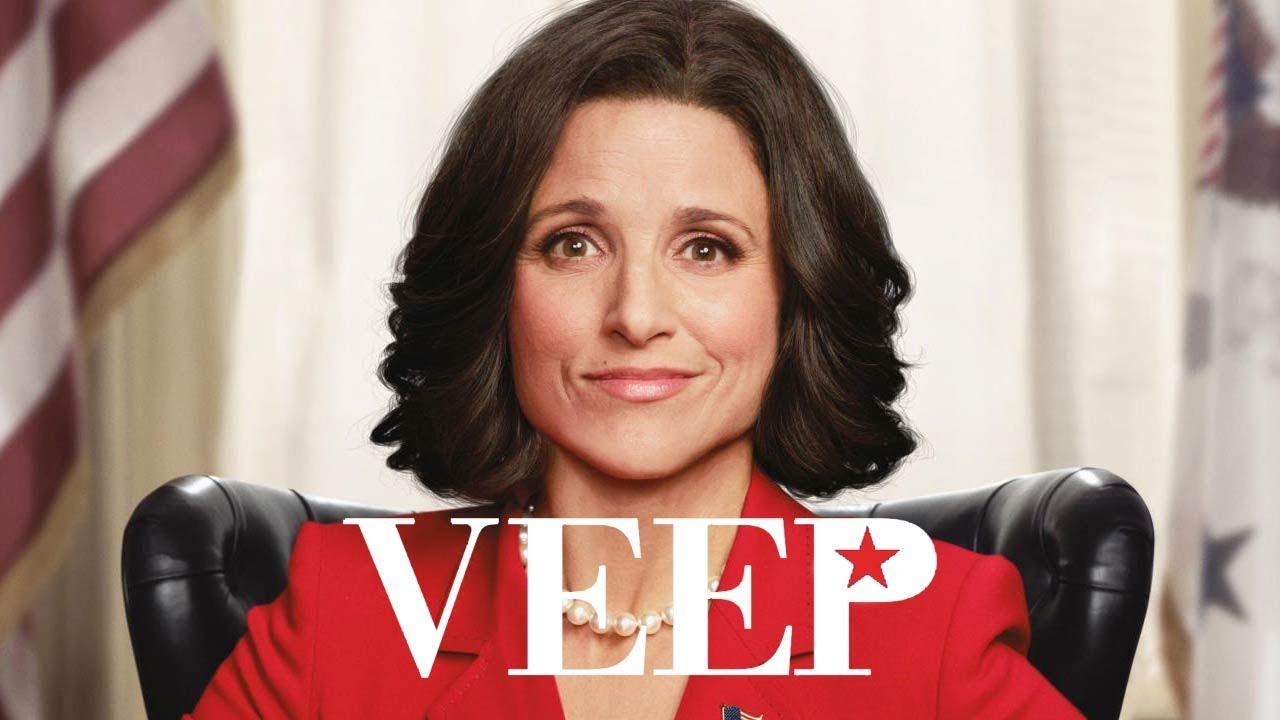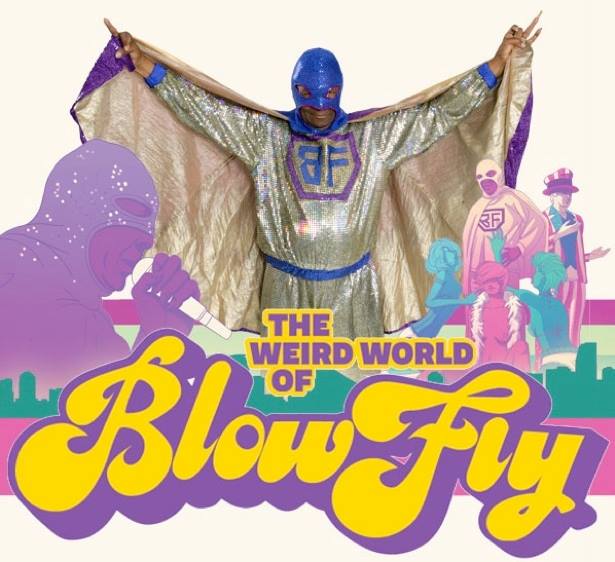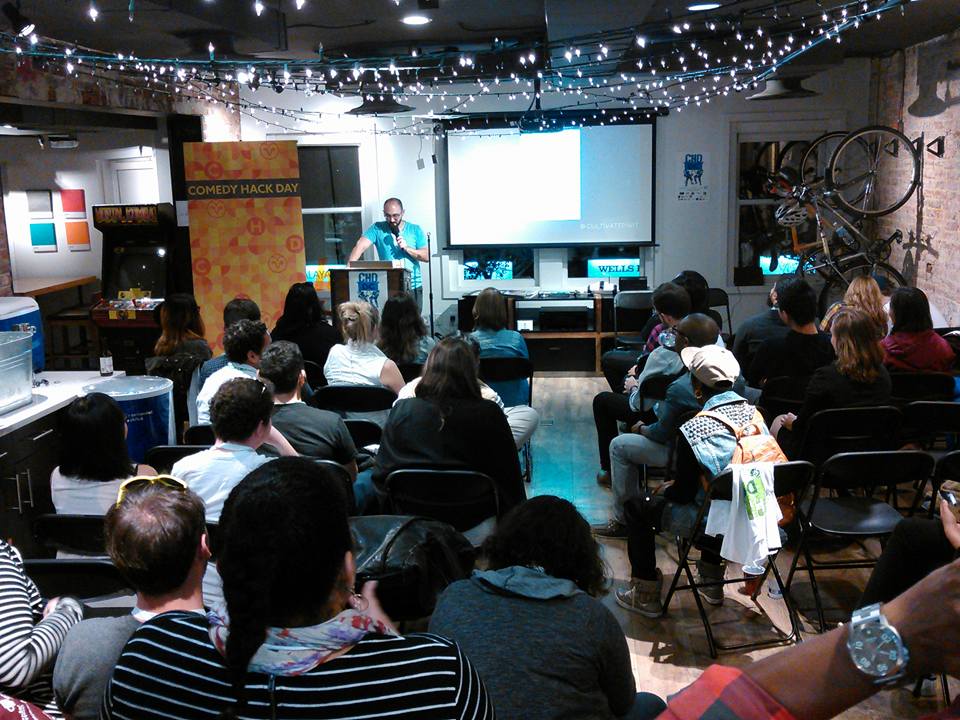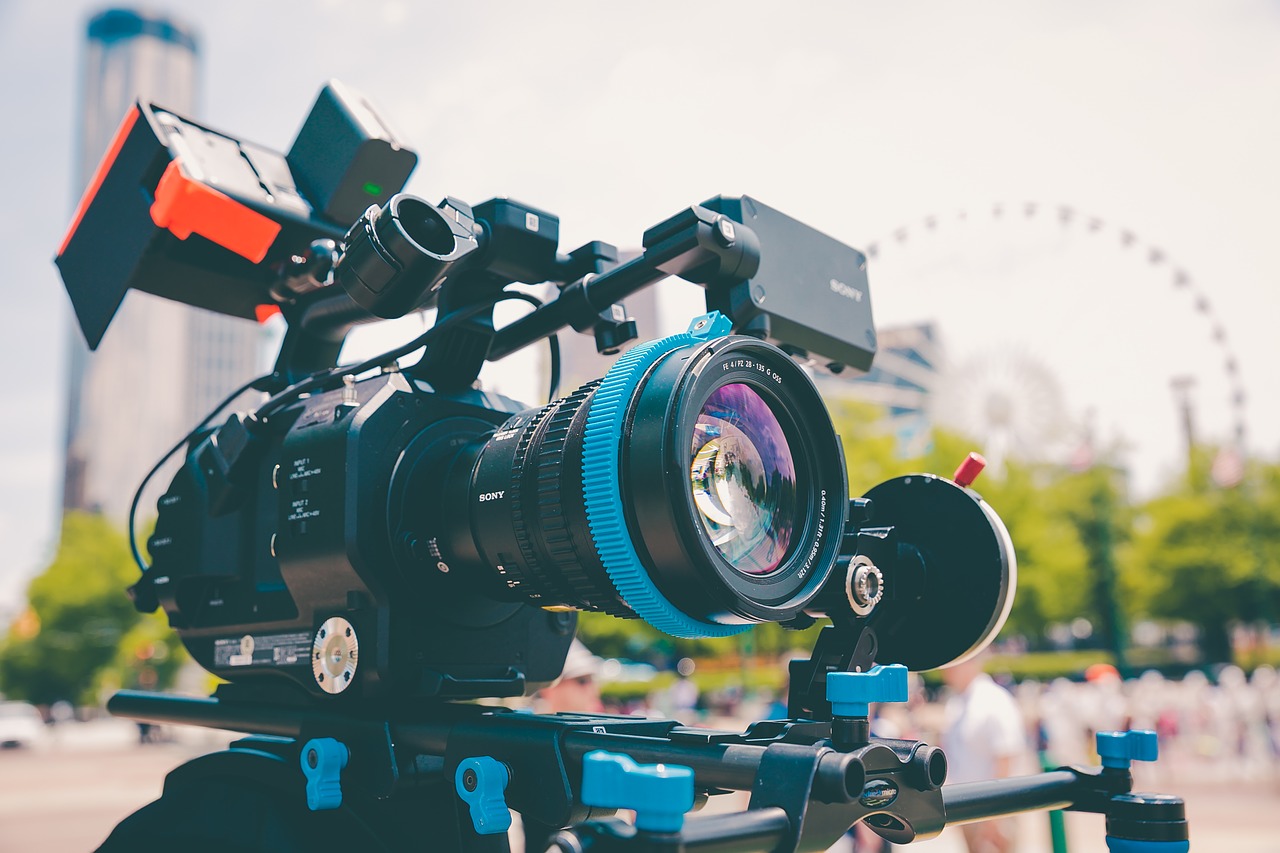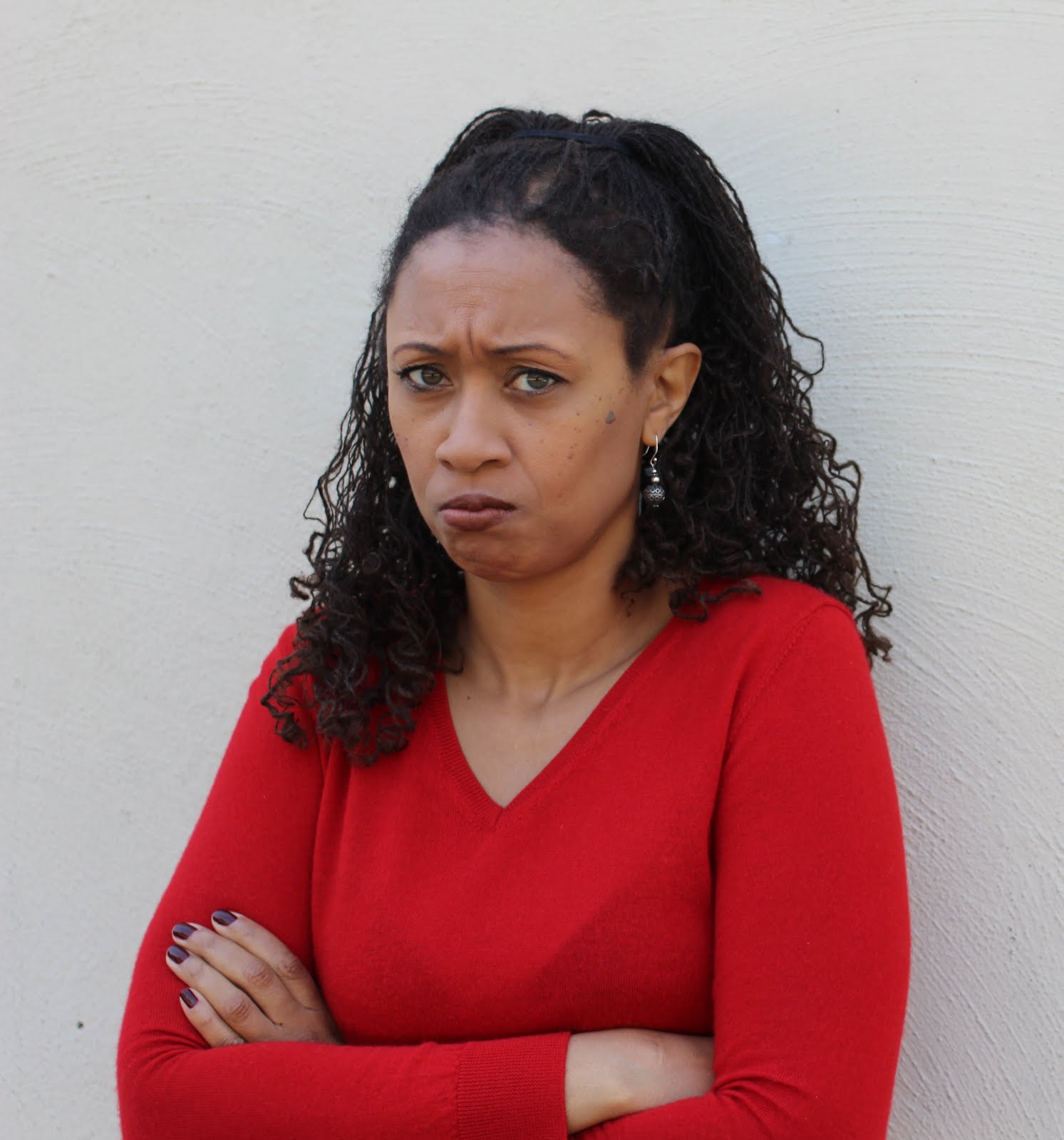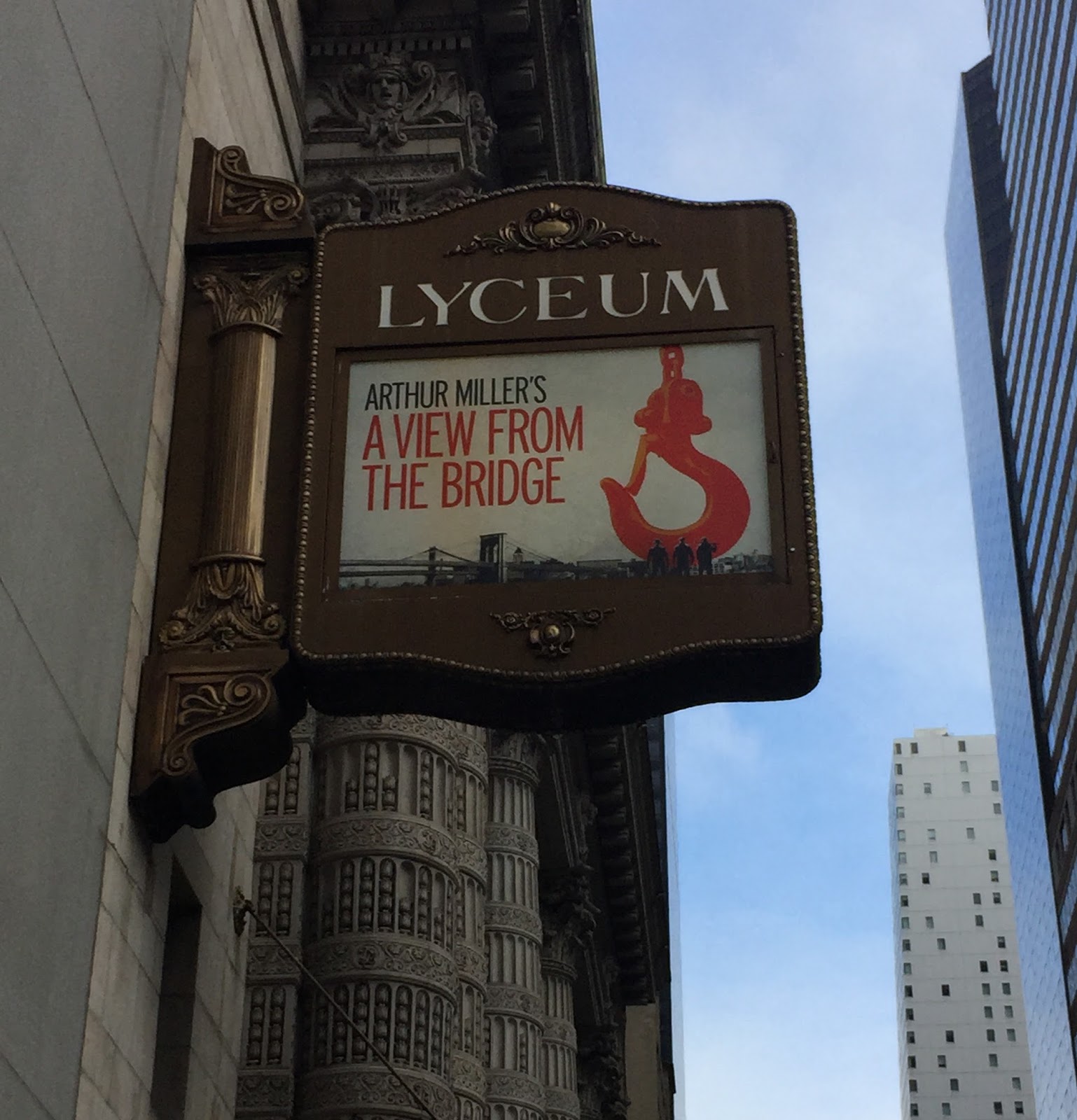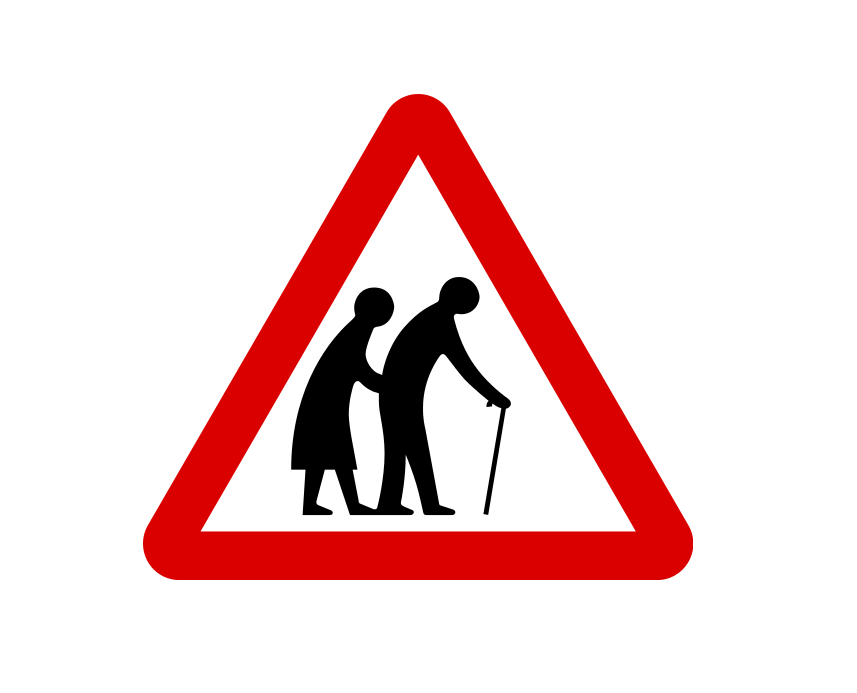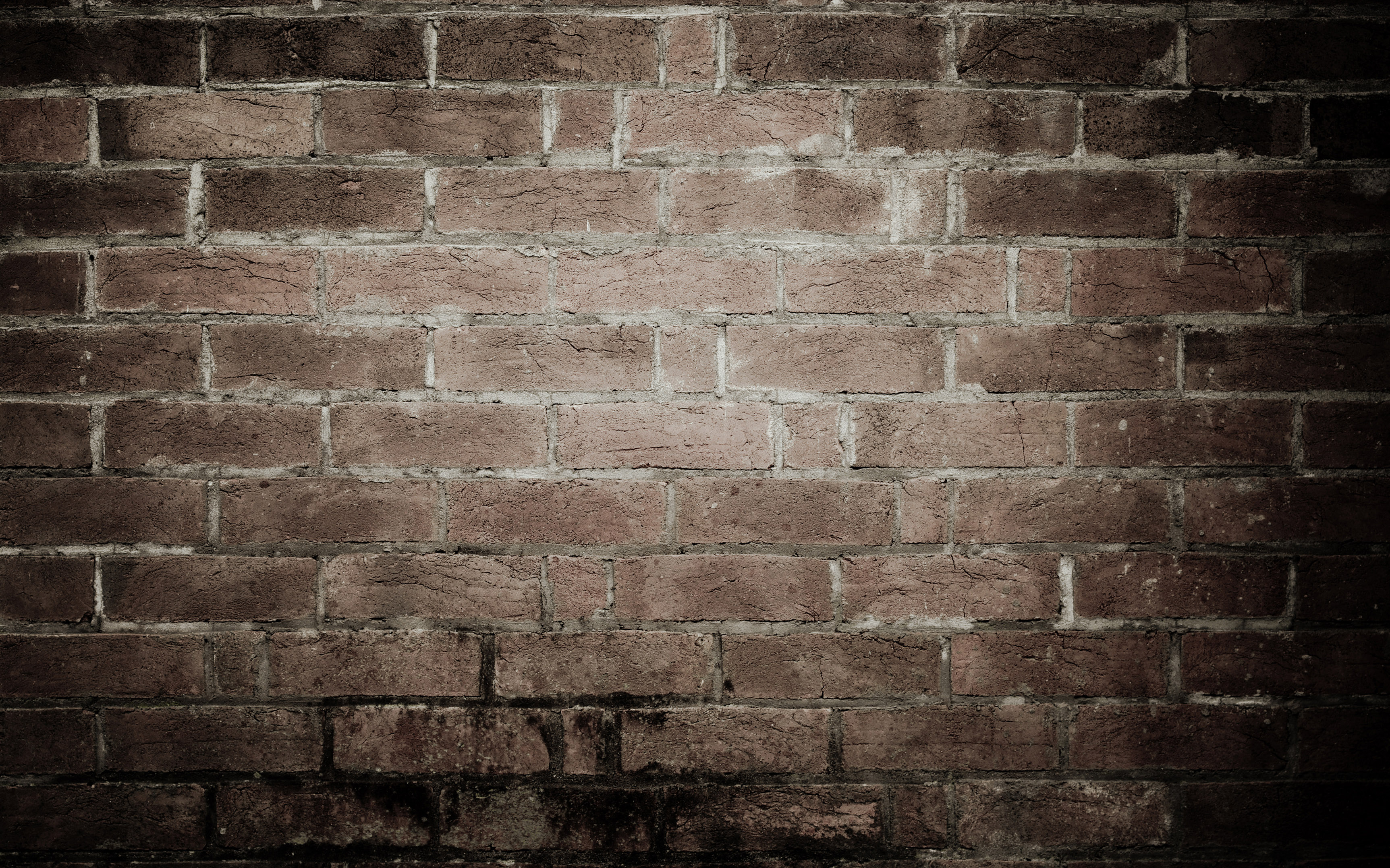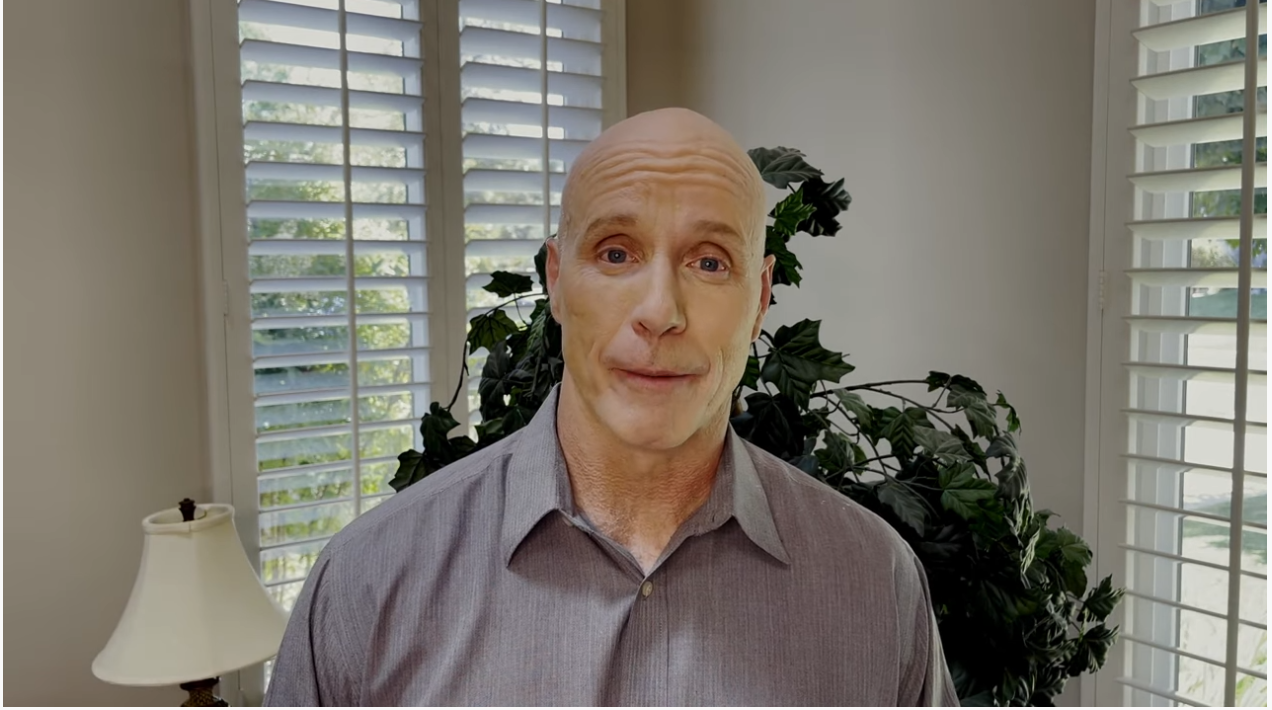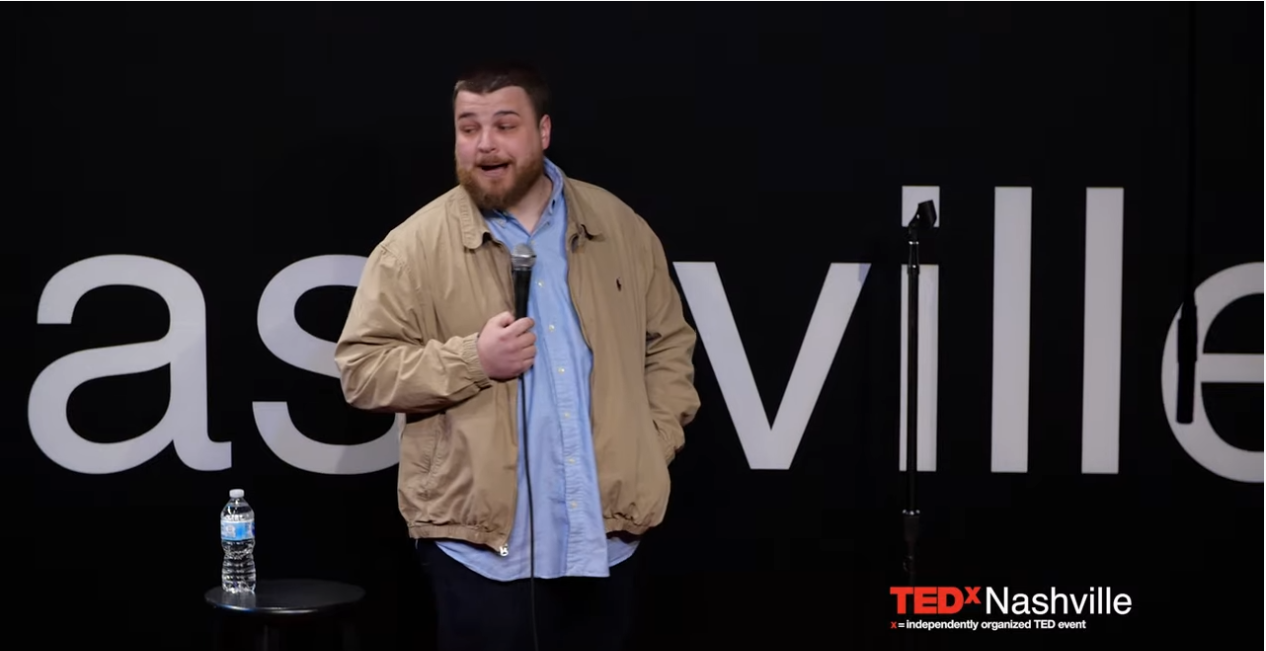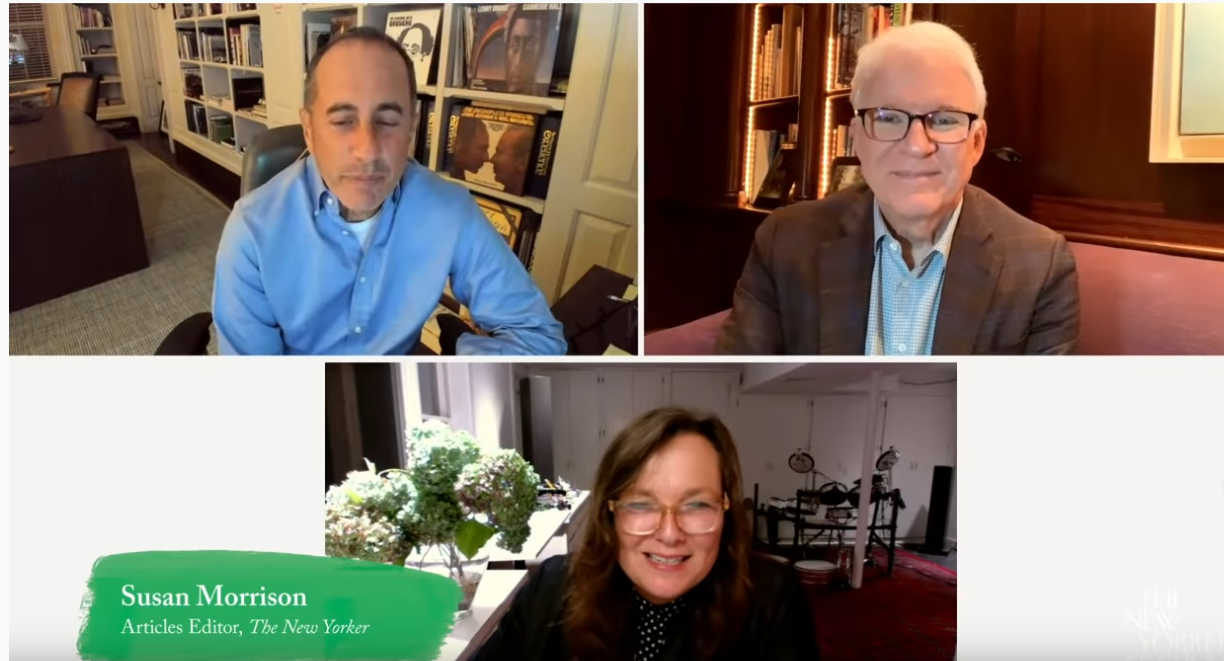
Some comedians are able to transform their persona from the stage onto the television screen effortlessly. From the old school comedian like Milton Berle to comics of today like Louis C.K. – when the stars align up with your career, it’s a good thing! I have always been curious about what goes on behind the scenes of creating a comedy-based show. As luck would have it, I was selected to work behind the scenes of HBO’s Emmy award-winning series, VEEP, starring Julia Louis-Dreyfus.
The opportunity was created by a partnership with HBO, NOVAC, and the DC Office of Cable Television, Film, Music, and Entertainment. Potential candidates submitted a cover letter explaining why they wanted the position and a resume of their entertainment career. In less than a week, three finalists were chosen (myself included), and we stated working immediately as production assistants.

What is the role of a PA?
I had no idea what my responsibilities of a PA while on set. So I researched various websites until I found this very insightful (and brutally honest) advice from the 12ptcourier website. Her most helpful blog posts included:
1. Production Assistant Job Description and Duties
2. Tips for a PA: Clothing and Accessories
3. Tips for a Production Assistant: Set Lingo
4. Walkie Talkie Lingo for a Production Assistant
Now I felt armed with the knowledge that I needed to be productive. My job was to do everything that I was told. It felt like I’m back in the U.S. Army, except there will probably be more yelling in this environment.
Welcome to the Digital World!
It’s something I have avoided it for years, but it has finally caught up with me. I am referring to working in a traditional office setting. That means I’m back in a world of generating paperwork, photocopies and dealing with the bean counters. But my biggest learning curve was catching up with how technology was being used in today’s office. I was never a fan of cloud technology, but applications like Dropbox and Google Drive were required to share documents. My phone became a scanning device and also a GPS when I made production runs. Additional mobile apps were installed my phone to collaborate with the office. I received a crash course in office management in less than two days. Whoa!
Working on the Set:
The production team wanted us to experience working “on set.” We met them at various locations to watch them shoot. Several locations were shot per day, so time was our most valuable commodity. Cameras were set up, scenes were shot and then they would migrate to the next location. Given this number of people and equipment involved, I was impressed how this done in a timely manner.
It was impossible for me to remember all the names and credits of the people being introduced to me. Cell phones were not allowed on the set for non-essential personal, so Google was not an option. When I met a co-executive producer, he inquired why I wanted to be involved in TV production. I replied, “I’m a stand-up comedian and hope to have my own TV show one day.” He said, “I’ve worked with a lot of comedians in my career.”
When I researched his career later that evening, I discovered some of his credits included working on TV shows like Parks and Recreation, Seinfeld and others. If I had known that information in advance, perhaps my follow up questions would have resulted in more than just idle small talk. I’ll chalk that up as another lesson learned the hard way.
The Bonus:
The Washington Post wrote about the VEEP shooting and I was interviewed for their article. I promoted it from my WayneMan: Comedian page on Facebook. My goal was to get more exposure and gain additional followers. My $5 investment reached over 2,000 people. I received feedback, Facebook likes and new people are following me. That was the best five bucks I’ve spent this year!

What did I learn?
When the final day of filming was complete, I was exhausted. It was difficult adjusting to early morning call times, especially since I’m a night owl. My running joke was “If I see the sun coming out, I’m probably late for work.” However, it was definitely worth the experience. Working with this project has helped me network with people in this industry. My entertainment resume will feature a major TV production credit. I have new friends that are willing to consider me for their future projects. So I’m very thankful for that.
But the greatest lesson I discovered is how working with the local TV and film industry provided me with the most amount of knowledge. My initial training started at DCTV. I volunteered for projects hosted by DC Shorts, Story League, Story District and CNN. By participating and working with them, I felt qualified to work on a major TV shoot. So I suggest learning as much as you can, and use those experience to advance your career. No project is too small if you can find the value of participating in it.
Keep working!
W-


